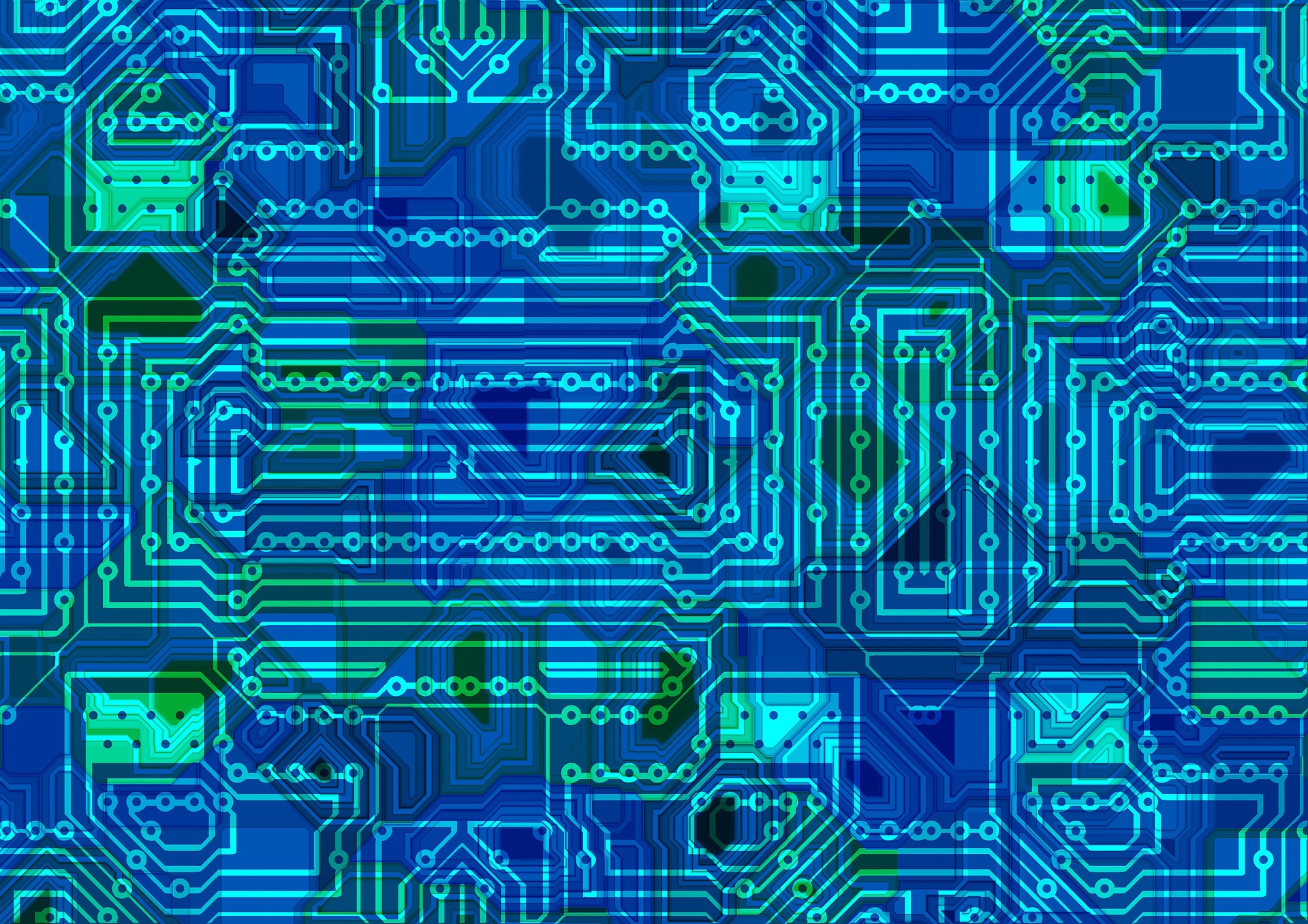Quantum Computers to Leap Ahead
For more information on the UK quantum initiative, and NQIT's role, take a look at the article "Quantum computers to leap ahead" in the current issue of InSpired Research (the magazine of Oxford's Computer Science Department). The article is written by Jonathan Barrett, an NQIT Work Package Leader.
Following an investment of almost £38 million from the EPSRC, the NQIT Hub, a consortium of universities and industrial partners led by Oxford, aims to build the most advanced quantum computer in the world. The experimental physicists and engineers in Oxford and partner institutions will bring world-leading expertise in trapped ions and quantum optics. Meanwhile, researchers from the Department of Computer Science will develop the secure protocols and algorithms that a quantum computer needs to run. University Lecturer in Computer Science, Jonathan Barrett, explains.
Since the early days of quantum theory, it has been known that quantum systems can exhibit phenomena that defy any intuitive understanding. But it is only over the last 20 years or so that researchers have realised how to harness these strange phenomena for powerful kinds of information processing. An early success was the discovery by Peter Shor of a quantum algorithm for the efficient factorisation of a number. Using this algorithm, a quantum computer could, for example, crack the encryption that keeps our credit card details safe when we shop online. But the potential applications of quantum information science are much broader than this. They include the simulation of classically intractable physical and biological systems, the use of quantum systems for secure communications, improvements in sensing and metrology, and
applications to machine learning.
The future importance of quantum science for the information economy was recognised in a £270 million investment in the UK National Quantum Technologies Programme announced by the Chancellor of the Exchequer, George Osborne, in his Autumn Statement of 2013. From this investment, the EPSRC has announced funding for four Quantum Hubs, led by the Universities of Oxford, Birmingham, Glasgow and York, with each Hub focused on a different aspect of quantum technologies. The Oxford-led Hub – Networked Quantum Information Technologies (NQIT) – has received almost £38 million for the development of quantum computing.
Building a quantum computer is difficult, because it requires manipulation of matter at the atomic scale with a very fine degree of control. To meet this challenge, the NQIT Hub will deploy two of the most promising technologies for quantum computation: ion traps and photonics. Given a handful of ions in a trap, each ion can serve as a single quantum bit. Moreover, given more than one trap, quantum information can be passed from one trap to another via single photons of light.
The Q20:20 machine
The flagship goal is the Q20:20 machine: an ambitious vision of 20 ion traps, each containing 20 individual ions, with traps connected by photonic links. The machine can be thought of in two ways: with short links, the whole constitutes a 400 qubit quantum computer; alternatively, if the links are extended to kilometres, the separated nodes form a prototype quantum internet.
Crucially, the technology is designed to be fully scalable, meaning that although 400 qubits is a relatively small-scale quantum computer, there is no fundamental barrier to prevent future extension of the device to an arbitrary size.
As the experimental scientists work to meet these challenges, theorists including a team within the Department of Computer Science, led by Samson Abramsky and myself, will develop abstract languages, along with concrete protocols and algorithms, that can run on a Q20:20 device when it is built. Although the machine will not be capable of factorising large numbers (so we won’t be stealing anyone’s credit card details anytime soon), small scale algorithms can be developed for specific problems such as the simulation of quantum systems.
We will also be developing protocols for cryptographic tasks such as secure key distribution, and the generation of trusted randomness, which can be implemented on the Q20:20 hardware in its expanded quantum internet form. An exciting prospect is that of ‘device-independent’ protocols, which use the mysterious phenomenon of quantum nonlocality to ensure that honest users are secure, even in the case that they do not trust the quantum devices that they are using.
It is comparatively early days for quantum technologies, and this investment represents the first big push towards bridging the gap between academic discoveries and industrial exploitation.
